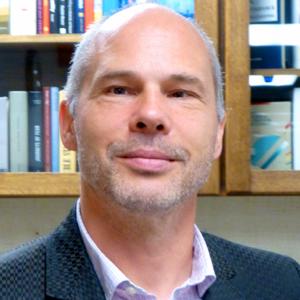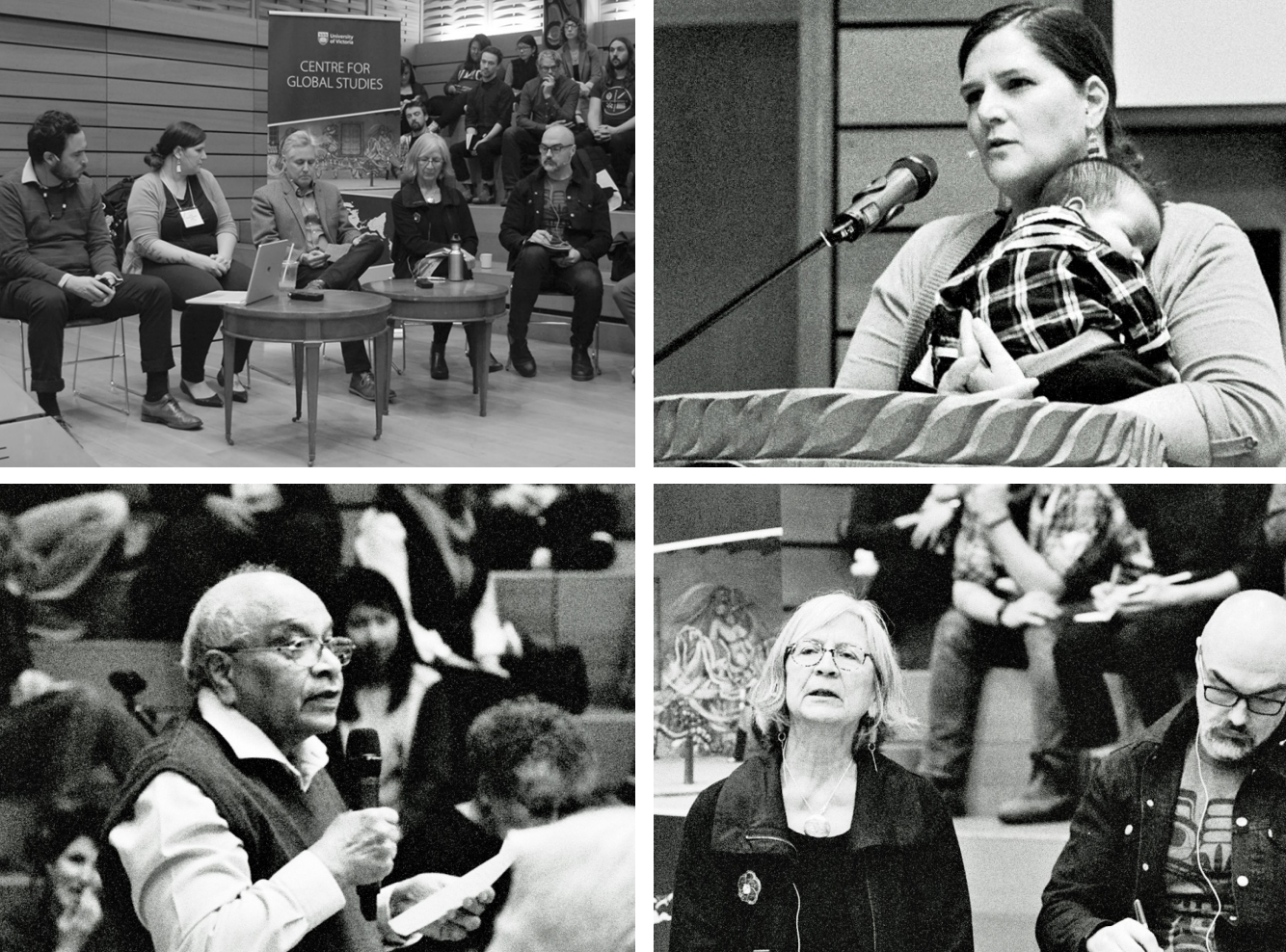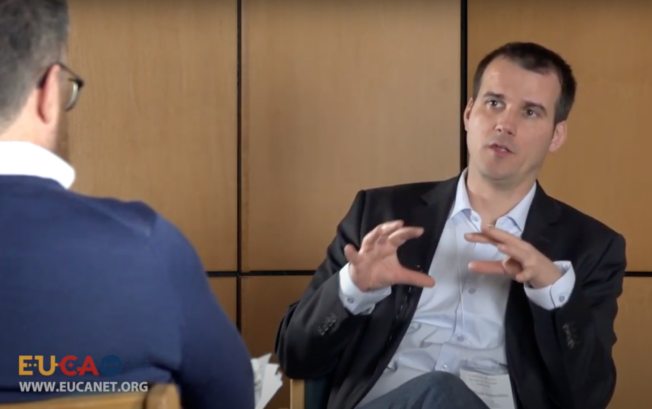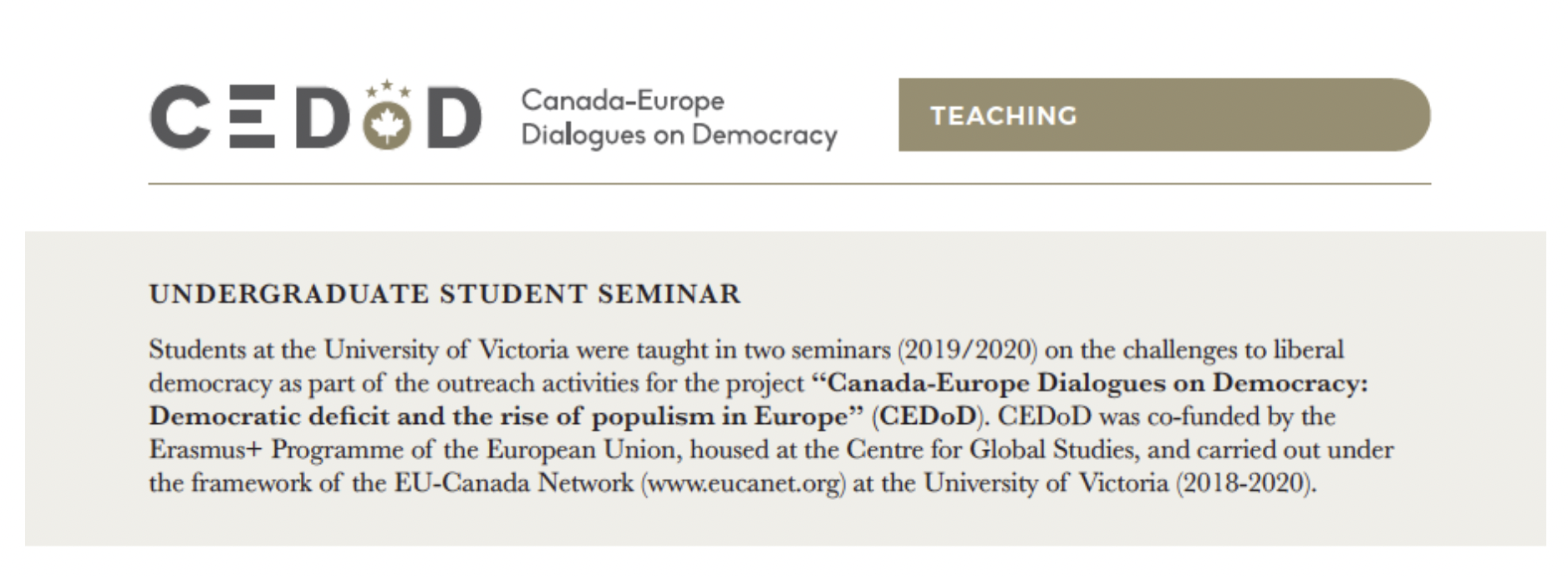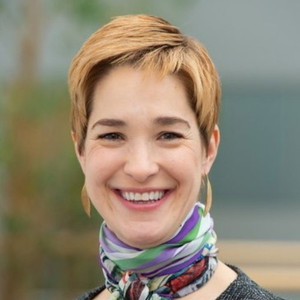Featured Experts: Dr. Dennis Pilon, York University
Professor Dennis Pilon is a regular contributor to national and international media.
Fields of expertise: Canadian politics, BC politics, Comparative democratization and electoral reform, Media and citizen engagement, Class analysis, Working class politics, Sexuality politics, and Democratization and democratic reform in western countries.
Contact info: dpilon@yorku.ca
EUCAnet invited Dennis Pilon to share some tips and advice about his outreach expertise:
“Dealing with media often seems like the opposite of academic practice. Where academics highlight nuance and uncertainty and offer many qualifications to their observations, media seem to want to wipe away complexity, preferring simple and stark conclusions instead. As an ‘expert’ you know a lot. The challenge with media is figuring out a way to share that expertise in a way that won’t engulf your message entirely. My advice is to start with your most stark conclusions on a topic. If you do it the academic way – presenting the existing debate and evidence, setting out your framework and methodology, and then getting to your findings, you’ll run out of time almost instantly and not actually get to your conclusions. Here’s the thing – if your findings are stated strongly, the media will ask questions that will go back into how you found it and how it differs from what others have found. This is particularly true on formats that allow for a lot of back and forth, like radio and newspaper interviews (though the latter allows journalists to select from you say). TV is usually much less forgiving and here you have to think about what the main point is that you think needs to get through and try to stick to that, even if it sounds repetitive. As they usually only use 10-20 seconds of a TV interview, it won’t actually be repetitive. Another thing to keep in mind is that you seldom need to prepare for media interviews in a detailed way. Unless the interview is on a very narrow and specialized kind of research, most media are only going to graze at a very superficial level of your research, perhaps at no greater depth than your first-year lectures. So you are very likely more than prepared given all the training you’ve had and the research and teaching you’ve done.”
Why engaging with media?
” Despite talk about the public flight from conventional media, they still count for the highest readership, their content actually fills a considerable amount to the so-called alternative sources of media (like social media), and they still play an important role in setting the agenda for political discussion and debate. As such it is crucial that academics bring their research to bear on topics of public interest, particularly those undergoing intense partisan political debate. As public institutions, universities have an important role to play in providing the public with research that it unbiased and without a self-serving interest in the outcome of the policy debates. I see it as an intrinsic part of my job as public servant and as an academic committed to see that public decisions are made on the basis of rigorous research rather than particular interests”.
For more information about the media appearances and contributions of our academic experts, please visit the following rubric.
